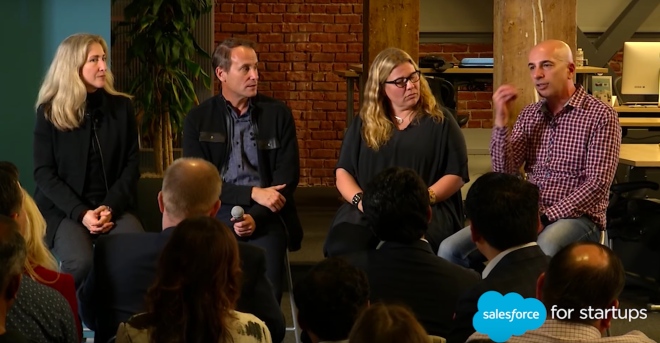Gartner released its 2017 Contact Center as a Service Magic Quadrant today and placed Talkdesk in the Visionary slot. This is a huge deal for us here at Talkdesk, and everyone is thrilled. We are the youngest company ever made it to this MQ, and the inclusion is a great recognition of our hard work and innovation.
I got many questions during the last few days and figured out it is better if I answer them all at once.
Is it a big deal? Yes, it is. Enterprise Software purchase is still a complicated and laborious process. Most markets have dozens if not hundreds of possible solutions. The buyers need to sort through all of them, compile tons of information, dive into features, check references. Gartner is doing a lot of this legwork for the buyer and by that simplifies the purchase process. Continue reading “Talkdesk is part of Gartner’s MQ. What’s the big deal?”
 It is a great honor to be on the list, but there is one point that makes us at
It is a great honor to be on the list, but there is one point that makes us at  Why partnering with Salesforce?
Why partnering with Salesforce?